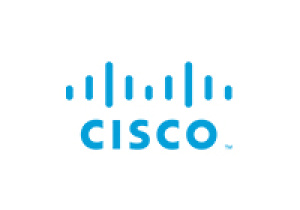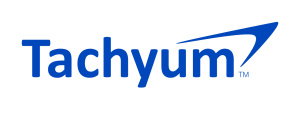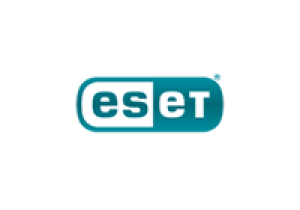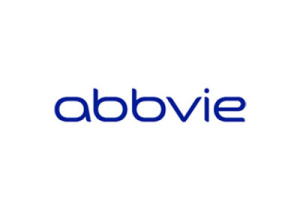Karel De Vriendt
V rámci Komisie pracoval ako projektový funkcionár pre dnes známu Information Society and Media DG a následne strávil 12 rokov v rozličných operačných IT funkciách.
Bol zapojený do predstavenia elektronickej pošty v rámci Komisie - spojenia siete Komisie s internetom - a neskôr bol zodpovedný za užívateľskú podporu a IT tréning.
Jeho poslednou funkciou pred príchodom do jednotky IDABC bola riadiaca funkcia v jednotke zodpovednej za vývoj niekoľkých vnútorných administratívnych systémov Komisie.
-
ISA program a význam interoperability | Kongres ITAPA 2010: Tam, kde sa svety stretávajú
-
IDABC, European Interoperability Framework | Kongres ITAPA 2007: Living Online
What is the European Interoperability Framework?
Interoperability means working together - collaboration of systems, services and people. When people work together, they need to communicate and make agreements. They need to agree on the tasks they will perform and how they will exchange results. If their nationality is different, they also need to agree on the language in which they will communicate. Moreover, they need to overcome cultural and legal differences.
An Interoperability Framework can be defined as the overarching set of policies, standards and guidelines which describe the way in which organisations have agreed, or should agree, to do business with each other. An Interoperability Framework is, therefore, not a static document and may have to be adapted over time as technologies, standards and administrative requirements change.
Administrations that provide electronic services (eServices) are faced with the same situation, they need to elaborate a set of agreements on a large number of issues, considering organisational, semantic and technical aspects. For example, when administrations exchange data, they must ensure that each party shares the same meaning of the data (semantic interoperability): for instance, when referring to 'price', do we mean the actual price or the price per item? The European Interoperability Framework addresses these issues in order to facilitate the interoperability of eGovernment services at pan-European level.




















